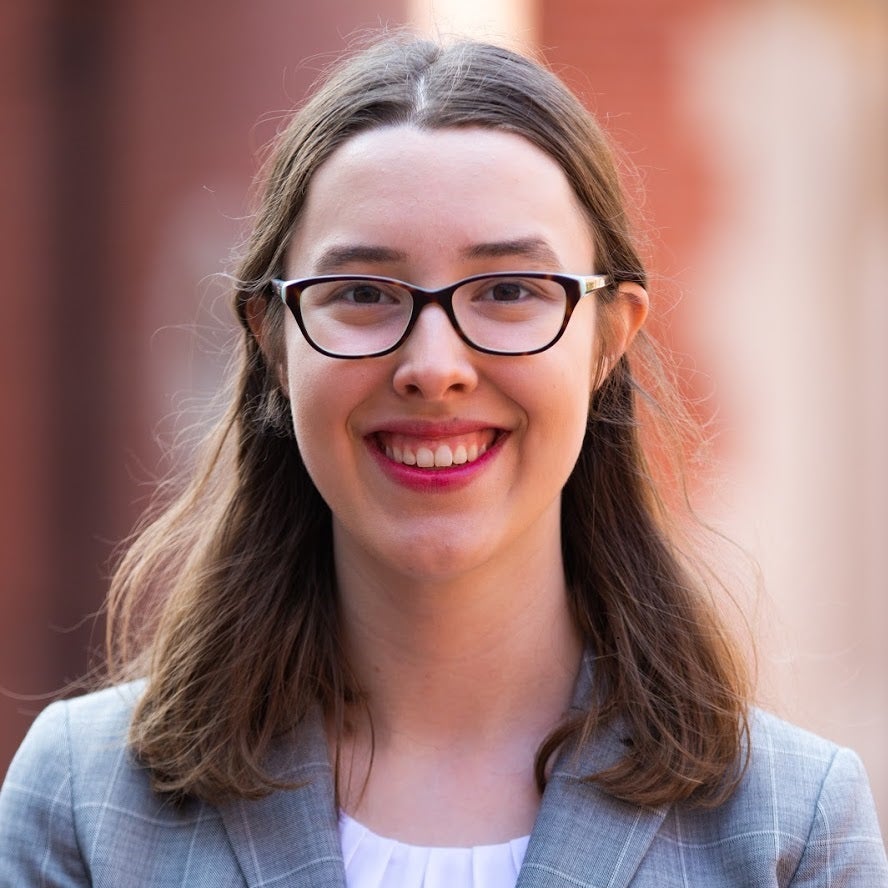Science Means Even More In Its Human Context

Rachel Singer (PhD Candidate)
I work on the history of infectious disease in Britain and Ireland in the first millennium, CE. The evidence I work with comes from several different disciplines – I draw on written texts; the material remains of people, animals, and landscapes; and the genetic material of ancient pathogens. This diversity of evidence means I have to know a lot about the disciplines they come from even though I’m not an expert in them, which can be quite daunting! So, I spend a lot of time reading scientific journals and begging archaeologists for help interpreting their results even though I am a historian.
My goal going forward, and what I’m most looking forward to, is using this interdisciplinary, science-forward evidence to speak to the traditional concerns of the humanities. I’m hoping to center the people who experienced these diseases and to consider how infectious disease might have shaped and been shaped by their lives, societies, and economies. One of the ways I’m planning to do that is to draw on the work of Disability Studies scholars, since many people in the first millennium would have suffered from chronic health conditions and would thus have been disabled by our standards today (and plenty were also disabled by their own communities’ standards, though not all of them faced obvious stigma as a result!).
So, I’d encourage students interested in the MHUM program not to neglect the ‘humanities’ part of it! It’s easy to get carried away by how exciting, shiny, and new the scientific evidence seems, but, in my opinion, that science means even more in its human context.
